How we learn about our own emotions and patterns effects how we perform at work, and how we behave at home in our personal relationships. They are not separable. As emotional intelligence in Italy grows, business leaders are learning to harness the power of emotion to fully engage people.
That is the message Lorenzo Fariselli wants to instill when exploring how businesses can view investing in emotional intelligence training. Lorenzo is Regional Network Director for Italy. He has a background in psychology, which gives him special insight into how people learn and react to one another at work.
How has EQ changed the way you operate as a business leader?
It is difficult to separate my personal and professional life. Emotional intelligence, through a gradual and profound path, gave me the opportunity to see things from another point of view. A perspective that the way of operating is the same be it at home or at work. In fact it is the very concept of performance that has changed for me!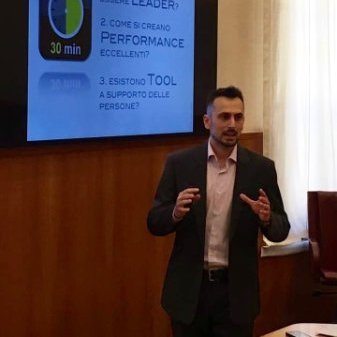
There is no sustainable professional performance that goes at the expense of personal / family life. But there is a personal performance that, in my case, guarantees results when the daily choices (how to conduct a phone call, the choice of an operating focus, say yes or no to a request from my son, etc) are aligned with a more long-term vision.
This vision of which I speak is called, within the Six Seconds EQ world, a Noble Goal; an objective that, if pursued, generates a great sense of direction. It isn’t always easy to be consistent with it, but I find it extremely stimulating having it clear and taking it into account before acting. EQ has not changed me only as a person, but as a business leader, pushing me to act in the here and now in view of a long-term vision. Every day is a challenge, a beautiful and exciting challenge to be consistent with my values.
I find this a wonderful opportunity to include in the overall design the things I love most in the world: my family. I am 36 years old and half of those years I spent with the one that was my girlfriend and now my wife. She gave me three gems: Mattia (7 years), Christian (3 years) and Tommaso (2 months). Now, the question is: if you don’t give a deep sense to what drives you out the door in the morning and takes you away physically from this wonder, how do you manage to PERFORM?
Why should companies use Emotional Intelligence?
EQ is above all a great accelerator of learning and collaboration within the company. It creates awareness of its strengths and weaknesses, questions people, generates opportunities in an optimistic tone, enhances the entire emotional spectrum, highlighting the possibility that 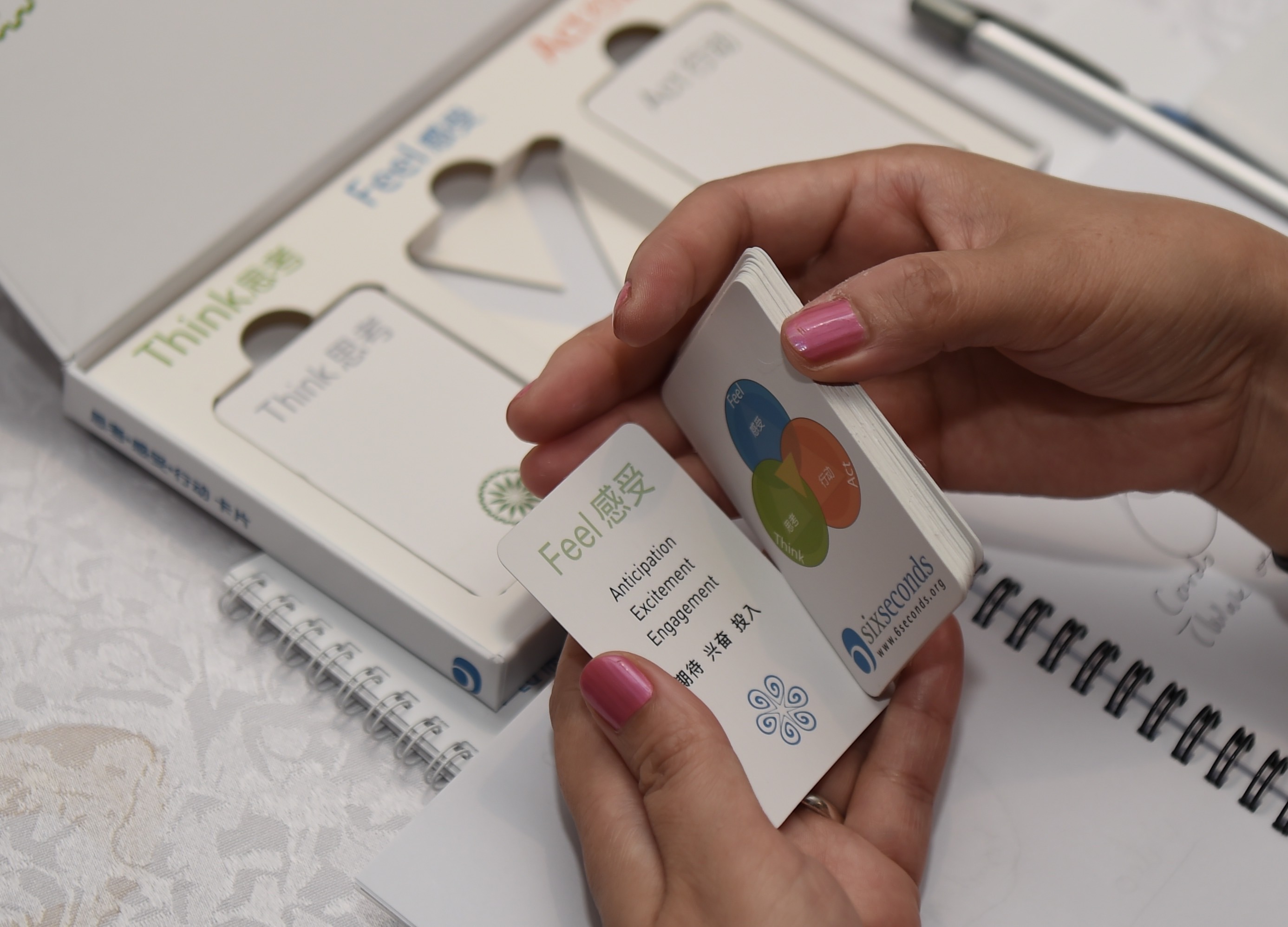 non-functional emotions in a specific situation can be transformed into more useful emotions, and the list goes on.
non-functional emotions in a specific situation can be transformed into more useful emotions, and the list goes on.
Does this improve business?
From my experience the answer is yes. In the various organizations that have decided to relate emotional intelligence with hard performance data, a connection has always emerged. Emotional intelligence in Italy is delivered using a model measuring multiple skills, and depending on the different organizational cultures and business sectors, there is always at least one skill that explains the performance in a statistically significant manner. This means that the EQ training or part of it increases business results. Businesses, from a rational point of view, should consider EQ because it is a strong predictor of performance, and from the emotional point of view because it creates a better organizational climate by increasing retention and satisfaction.
What’s the challenge of bringing EQ to business?
What are any barriers to learning that come up in general in business settings? Is there something unique to the Italian way of doing things?
The barriers exist alright, and how! The first is barrier is cultural. When you speak of emotional intelligence in Italy to company representatives unfamiliar with the concept there is the danger of being misunderstood. EQ could be perceived as something abstract, a beautiful “nice to have”. Unfortunately, in this high-pressure environment and uncertainty (there is much talking of a V.U.C.A. world), emotional management has become an essential skill. The EQ is no longer a “nice to have” but has now become a “must” that can be measured and trained.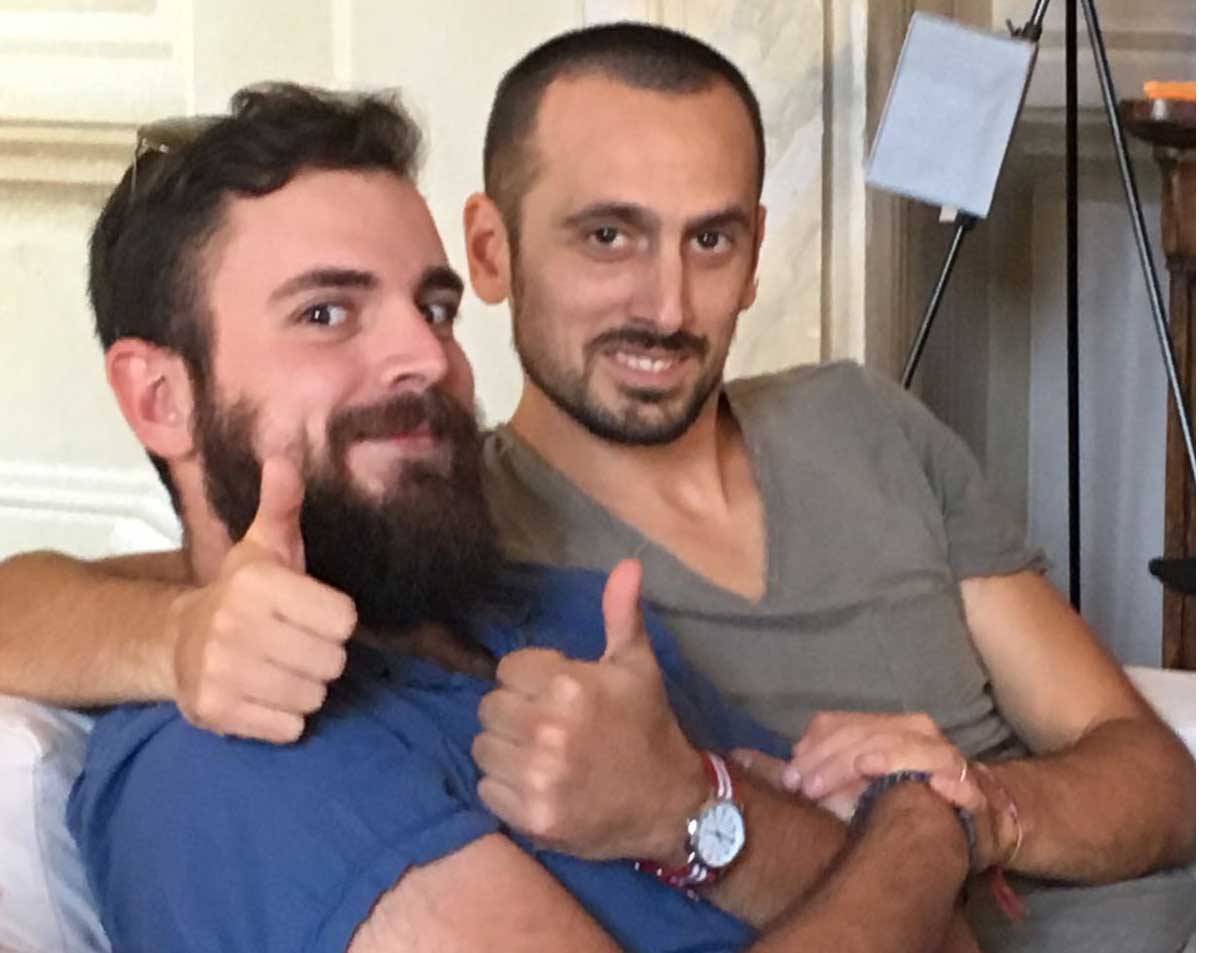
I am in a beautiful nation, emotionally warm and relational. This should facilitate the acceptance of EQ, but in fact it’s reversed. In a cultural frame of this type it is much more easy to confuse an emotionally intelligent management approach that follows specific rules drawn from recent neuroscientific findings with a simple approach that of “smiles, pats on the shoulder and common sense.” Instead, I believe we need a theoretical model incorporating new managerial rules to follow and internalize through a serious and daily work focus.
The second barrier: the actual questioning of themselves. Once engaged with EQ, people understand in a very short time that most of the problems stems from ineffective relational and emotional dynamics. To achieve the goal, they need to ask ” what can I change about myself to improve the relationship with that person significantly better? ” Often we do not reach our goals because we ask the wrong questions. This is one of the reasons why EQ is so important; it helps to ask yourself the most effective questions.
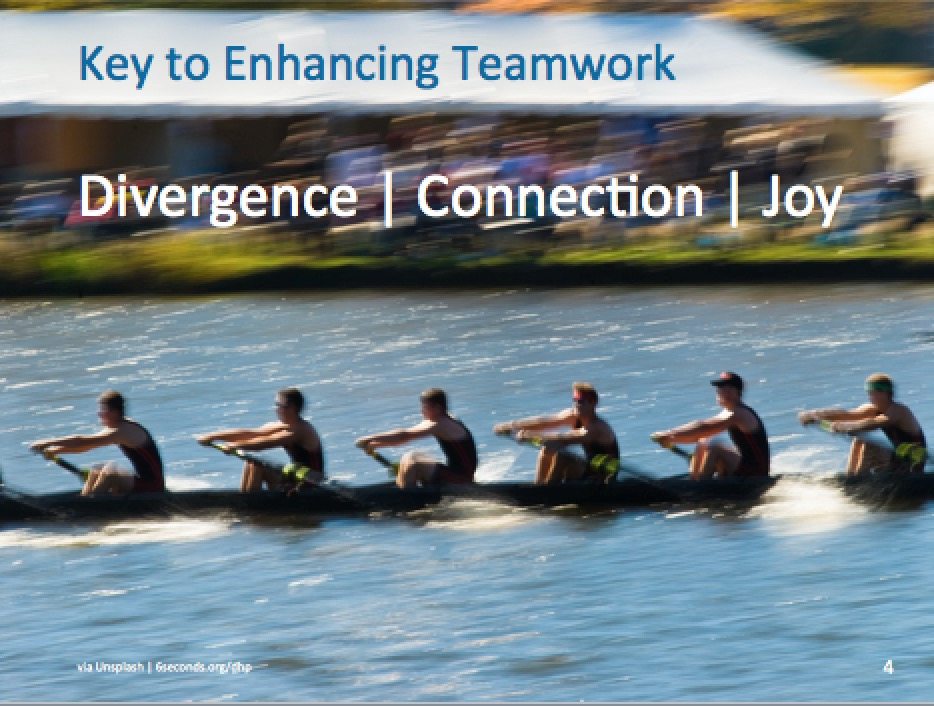 This change in perspective makes it clear that it must start from themselves, but to do it, avoiding falling back into old patterns, they need to really question themselves. People need to accept the fact that, until now, they have enabled some non-functional patterns for certain purposes. They must therefore recognize their mistakes, internalize new awareness about their operating mechanisms, broaden the possibilities and find a “why” that makes the work on themselves tolerable and satisfying. All this makes the difference? Yes, I assure you. Easy to activate? No. Possible? Absolutely, and once you find the key it will be fun.
This change in perspective makes it clear that it must start from themselves, but to do it, avoiding falling back into old patterns, they need to really question themselves. People need to accept the fact that, until now, they have enabled some non-functional patterns for certain purposes. They must therefore recognize their mistakes, internalize new awareness about their operating mechanisms, broaden the possibilities and find a “why” that makes the work on themselves tolerable and satisfying. All this makes the difference? Yes, I assure you. Easy to activate? No. Possible? Absolutely, and once you find the key it will be fun.
What is one funny thing that happened in the course of your work for Six Seconds that you would like to share?
I will always remember the phone call from Holland by Massimiliano (Max) Ghini, then president of Six Seconds Italy at Nexus EQ, the largest international conference on Emotional Intelligence. It was 2005 and at that conference there was the debut of the SEI Assessment, a measurement tool of Emotional Intelligence, the construction of which I had participated with an international team. The questionnaire was not yet automated and I was the one, in Italy, to turn in the compilers responses and then draw up a report and send it by email to whomever compiled. Now, the scene is this: Max notices that someone was approaching the station to compile the SEI Assessment and within seconds realized that it was the founder of the concept of emotional intelligence!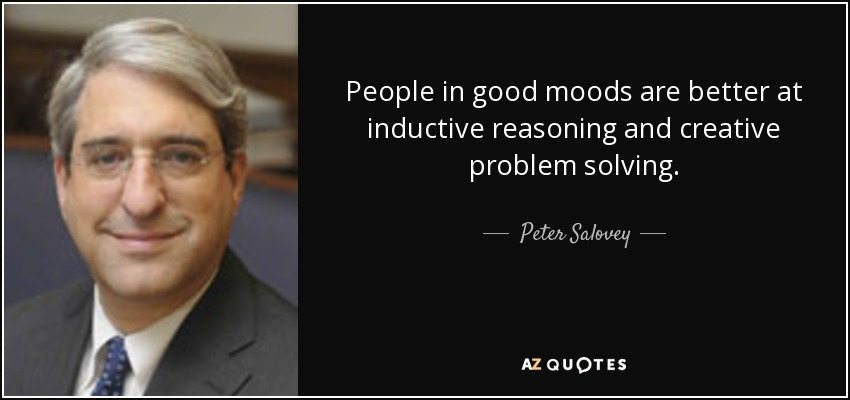
Peter Salovey was taking our questionnaire !! The moment of excitement and awe for Max, however, soon gave way to terror thinking about how I might react getting a compilation on behalf of Peter Salovey. It amuses me to imagine Max’s face while thinking “how on earth will Lorenzo respond to Salovey ?? Something like: Dear Peter Salovey, here you will find attached your reports. Signed: Queen Elizabeth. ” Clearly he removed the doubt making a phone call and explaining the situation. We all had a great laugh and we shared the magic of that moment, which I kept in my memory.
What is it like to be Six Seconds’ Regional Network Director supporting emotional intelligence in Italy?
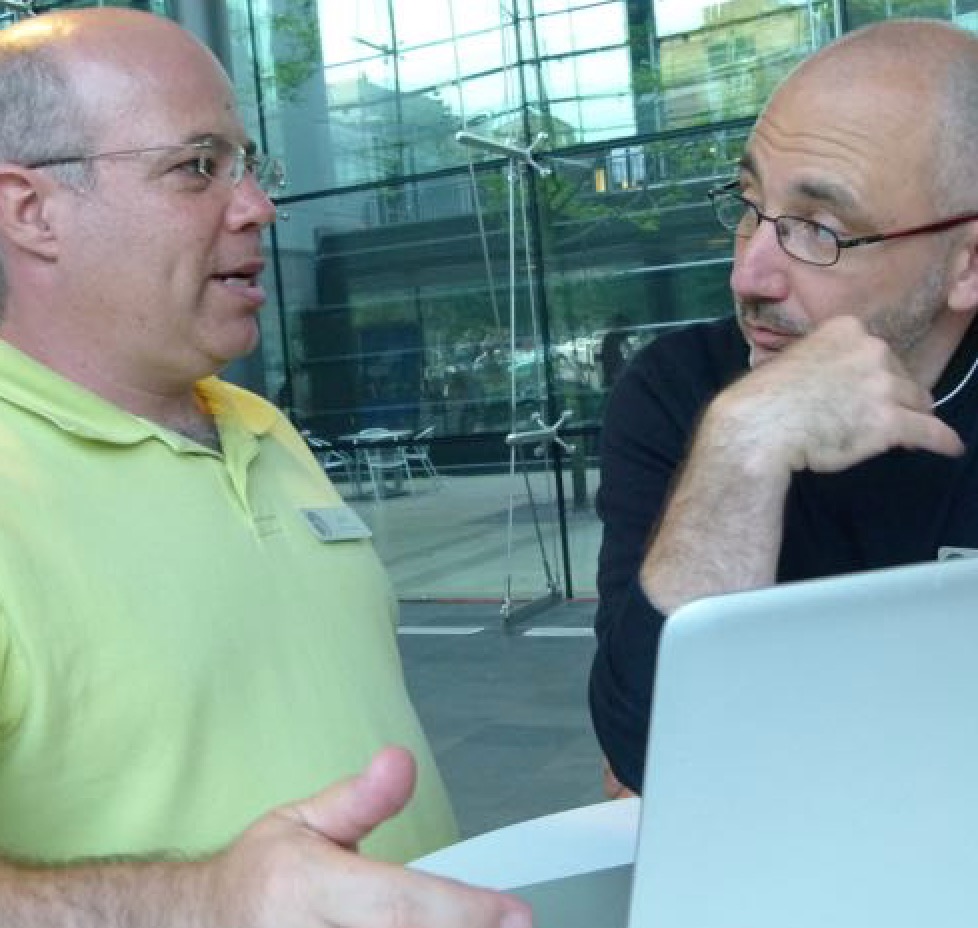 Exceptional. I was lucky enough to grow up in operational roles with real leaders within the EQ world. I am talking about Massimiliano Ghini and Joshua Freedman. I owe a lot to them. This training, which continues by still working with them closely, allowed me to take more and more responsibility and for two years now I represent Six Seconds in Italy as Network Director.
Exceptional. I was lucky enough to grow up in operational roles with real leaders within the EQ world. I am talking about Massimiliano Ghini and Joshua Freedman. I owe a lot to them. This training, which continues by still working with them closely, allowed me to take more and more responsibility and for two years now I represent Six Seconds in Italy as Network Director.
Of particular note is the figure of the Preferred Partner, organizations or freelancers who have decided to “marry” our vision of “a billion people practicing emotional intelligence”, and put their brand to that of Six Seconds by delivering our tools and methodologies. I’m really proud of these partnerships because they derive primarily from an array of values that tends to impact the society in which we live to produce positive change. All together we are working to build the future that I would like to “donate” to my sons.
What’s most needed for emotional intelligence in Italy?
After the wonderful and highly inspiring experience of the Master Class in September, I was able to connect different pieces and I have very clear the next year’s 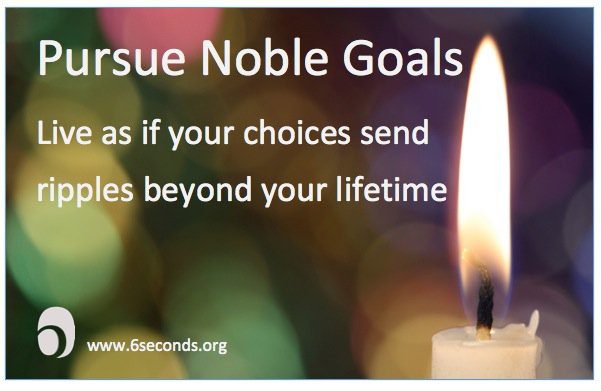 goal: to create greater value for the entire community of Six Seconds in Italy in collaboration with the Preferred Partners. On EQ.org, the platform to train their emotional intelligence and create virtual focus groups, there will be more and more resources in Italian.
goal: to create greater value for the entire community of Six Seconds in Italy in collaboration with the Preferred Partners. On EQ.org, the platform to train their emotional intelligence and create virtual focus groups, there will be more and more resources in Italian.
International best practices will be then taken by Joshua Freedman in Italy in February when he will lead the EQ Practitioner Certification. Then, at least 10 free webinars (also with the help of the PP), will be organized and directed to the entire Italian network. In late January, the figure of the Network Leader will be introduced, people who voluntarily decide to bring the EQ to their private network. As always I will continue to focus on the innovation of products and processes. We have a great year ahead!
There are amazing people who wish to have an active role in changing the world in which we live and if supported they will do it with an energy and in ways that, at this time, I cannot even imagine! I wish that Six Seconds in Italy can attract and support these people who I am sure will change the current culture, starting from the most diverse contexts: organizations, schools, families, etc.
I want to send this message to those who want to be a change maker: Six Seconds is here for you.
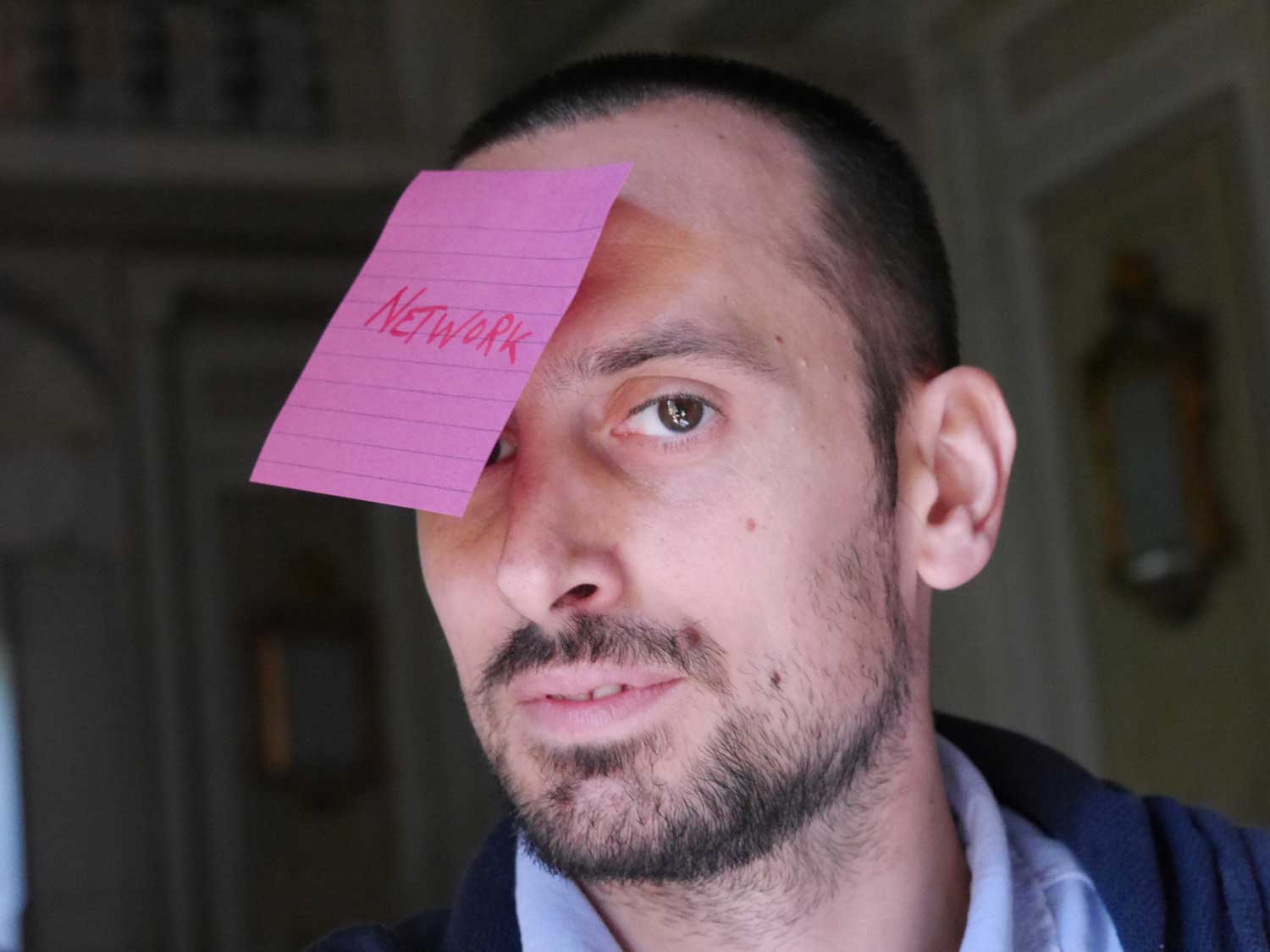
- Dragonfly: Social Emotional Learning Goes Outdoors - July 12, 2017
- Coaching with Computers? 3 Life-Changing Insights from the Neural Net - May 24, 2017
- Feelings About Climate Change: Josh Freedman - April 25, 2017
